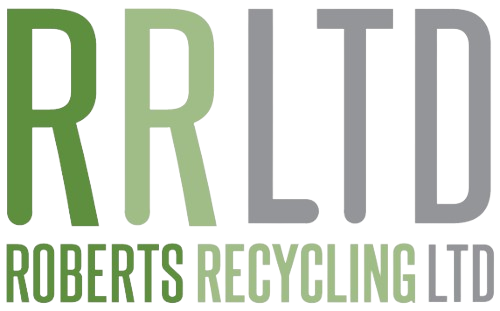Recently we were asked roughly how much CO2 eq (carbon dioxide equivalent) is saved every month by the reuse of clothing facilitated by our textile recycling operations, so we decided to try and figure it out…
Firstly, we needed to get an estimate for the amount of CO2 eq embodied in a broad range of clothing types / materials to give us a representative overall value for the various types of textiles we recycle. Referring to the Handbook of Life Cycle Assessment (LCA) of Textiles and Clothing (2015), we were able to get lifetime (cradle to grave) CO2 eq values taken from peer reviewed papers for a wide range of items of clothing / materials including polyester, wool, cotton, viscose, silk and acrylic. Converting the CO2 eq for each item or material into kg CO2 eq / per kilogram weight of textile and averaging then gave us a representative lifetime value of 29.96kg CO2 eq / kilogram weight of textile. You can see a full list of the materials considered here, but the worst offending item included was a polyester T-shirt at a whopping 67.5kg CO2 eq / kg while the best performing item included was a wool sweater at 7.35kg CO2 eq / kg.
So now we had our representative lifetime CO2 eq value, we needed to find out what proportion of that was embodied CO2 (coming from the raw materials, production, distribution and retail) rather than emissions arising from clothing use (washing, drying and ironing use). According to ‘International Carbon Flows’ by the Carbon Trust (2011), approximately 45% of emissions are embodied while the remaining 55% is split between use (52%, based on a usage of 50 hot washes) and recycling (3%).
As reusing a garment can only save the 45% embodied in it, we have to take this percentage of our representative lifetime value, leaving us with a representative embodied value of 13.48 kg CO2 / kilogram of textiles recycled. Multiplying this by our monthly turnover of 1,000,000kg (1000 Tonnes) then gives us 13,480 Tonnes CO2 eq saved per month! Given the margin of error in the calculation, we rounded down to the nearest 100 to give a final estimated figure of 13,400 Tonnes CO2 eq per month.















